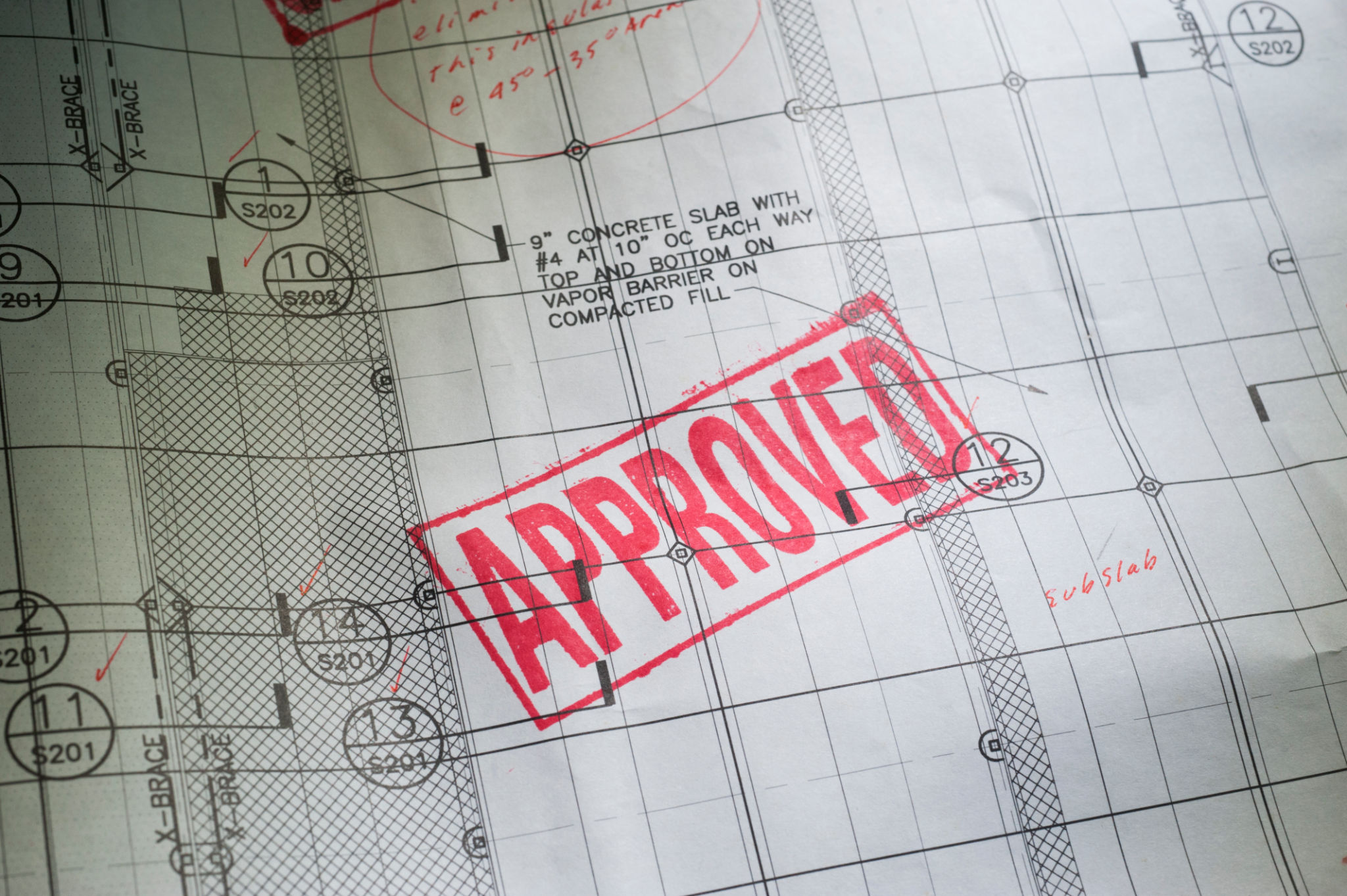Expert Tips for Preparing Your Property for Demolition
Understanding the Demolition Process
Demolishing a property is a significant undertaking that requires careful planning and execution. Whether you're making way for a new development or removing an unsafe structure, understanding the demolition process is crucial. This guide will walk you through expert tips to ensure your property is prepared effectively and safely for demolition.
Firstly, it's essential to understand the different types of demolition methods available. Options range from manual demolition, which involves dismantling a structure piece by piece, to mechanical demolition using heavy machinery like bulldozers and wrecking balls. The choice depends on the size, location, and purpose of the demolition.

Conducting a Comprehensive Assessment
Before any demolition work begins, a comprehensive assessment of the property is necessary. This includes checking for hazardous materials such as asbestos, lead, and other toxic substances that might pose health risks. Hiring a professional to conduct this assessment ensures that all potential hazards are identified and managed properly.
Additionally, assessing structural integrity helps in determining the safest and most efficient demolition method. This step can also prevent unexpected complications that could delay the project or increase costs.
Obtaining Necessary Permits
Demolition is a regulated activity that requires obtaining the necessary permits from local authorities. Failing to acquire the appropriate permits can result in legal issues and significant fines. Consult with your contractor or a legal expert to ensure that you have all the required documentation before proceeding with demolition.

It's also important to check if there are any local regulations or zoning laws that might affect your demolition plans. These rules are in place to protect community interests and environmental standards.
Preparing the Site
Proper site preparation is crucial for ensuring a smooth demolition process. This involves clearing the area of debris, disconnecting utilities like water, electricity, and gas, and securing the perimeter. Ensuring that the site is free of obstacles minimizes risks to workers and machinery.
Moreover, notifying neighbors about the upcoming demolition can help manage expectations and reduce inconvenience. Good communication fosters community goodwill and can prevent potential conflicts.

Selecting the Right Demolition Contractor
The success of your demolition project largely depends on choosing the right contractor. Look for companies with extensive experience, proper licensing, and a strong safety record. Requesting references or checking online reviews can provide insights into their reliability and professionalism.
An experienced contractor will not only execute the demolition efficiently but also assist in navigating regulatory requirements and offer guidance throughout the process.
Planning for Waste Disposal
Post-demolition waste management is another critical aspect that needs attention. Develop a waste disposal plan that complies with local regulations and emphasizes recycling and reusing materials whenever possible. Proper waste management reduces environmental impact and can even lower overall project costs by salvaging reusable materials.
Incorporating sustainable practices in your demolition project demonstrates environmental responsibility and can enhance your reputation in the community.
Conclusion
Preparing your property for demolition involves several critical steps that require careful planning and expert guidance. By conducting thorough assessments, obtaining necessary permits, preparing the site, choosing the right contractor, and planning for waste disposal, you can ensure a successful and safe demolition process. Remember, meticulous preparation not only protects your investment but also contributes to a smoother transition to whatever comes next on your property.
